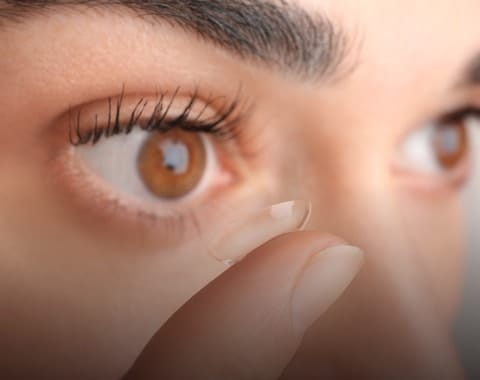A Difference to Last a Lifetime
Optometrists are always finding new and effective ways to help serve their patient’s needs.
If you’re looking for a permanent answer for a refractive error like myopia, hyperopia, or astigmatism, laser eye surgery may provide the results you crave.
The Eye Care Center of Colorado Springs can help you find out what laser eye surgery can do for you and your eyes. All you have to do is book a consultation, and we’ll walk you through everything you need to know about laser eye surgery!







